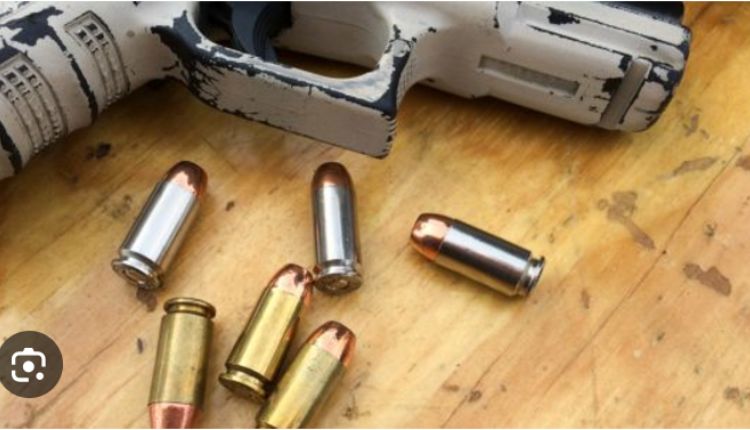As efficient safety products, security seals visually identify if a package, container, enclosure, or seal has been opened. Many industries today now use tamper-evident security seals. Also, the consumer world as well as the government use these seals to detect all kinds of unauthorized attempts to open a secured product/item.
Security seals are designed to capture non-erasable, unambiguous, and visual proof of unauthorized permission – regardless of whether it’s a fiber-optic loop on a radioactive refuse container or a foil on a jar of peanut butter.
What is the role of security seals? And what are they made of? Read on to discover.
Types of Security Seals
Security seals come in different kinds. They are made from different materials. Below are a few of them.
- Cable seals
These seals have metal wires (often long and thin in the seal body). Cable seals are very easy to fix. These seals also have a cable length that is adjustable, making them perfect for different applications.
The cable length of this type of security seal determines its locking mechanism. For cable seals, the cable is placed via the small opening in the seal body. It can’t be pulled back unless a cutter is used.
Because of their high security, cable seals are useful in international shipping. They are perfect for sealing locked doors, valves, trucks, and many more.
- Bolt seals
These security seals are also very efficient. Bolt seals have a complex locking system. They are still easy to set up; no special skills are needed.
For bolt seals, the seal is separated into the metal bolt and seal head – all done manually. Next, the metal bolt is pushed into the groove of the seal head. That’s what provides the safety lock for the seal.
Even though they don’t have keys, bolt seals work like padlocks. They have the same basic principle. The tamper-evident part is the outer body, often made of plastic.
Other Types
Today, security seals are made up of other stuff. There are more types available in the tamper-evident. Tamper label seals, electronic seals, and plastic seals are also common. Every one of the seals has its own unique usefulness in cargo shipping. For you to choose the right one, understand the type of security seal that fits a shipment.
Role of Security Seals
Modern security seals offer protection for buildings and goods, as well as help to keep the information confidential. They are made and installed to detect any unauthorized attempt to open a package, device, or place – they will be damaged in such cases. The role of security seals is twofold.
In most cases, the primary purpose of these seals is to delay any attempt at opening a sealed item. Because of the resistance of the materials used in making them, the seals enhance the inviolability of a closure.
Secondly, these devices aim to easily detect all kinds of tampering attempts on a sealed opening. The devices were therefore designed to be very fragile.
The types of seals available today can be customized. They also possess elements of unique double numbering. This makes sure they are not removed and replaced.
Conclusion
The primary purpose of security seals is to detect any kind of tampering attempt. Security seals come in varieties, made with different materials and for different functions. Buy the one that meets your needs.












